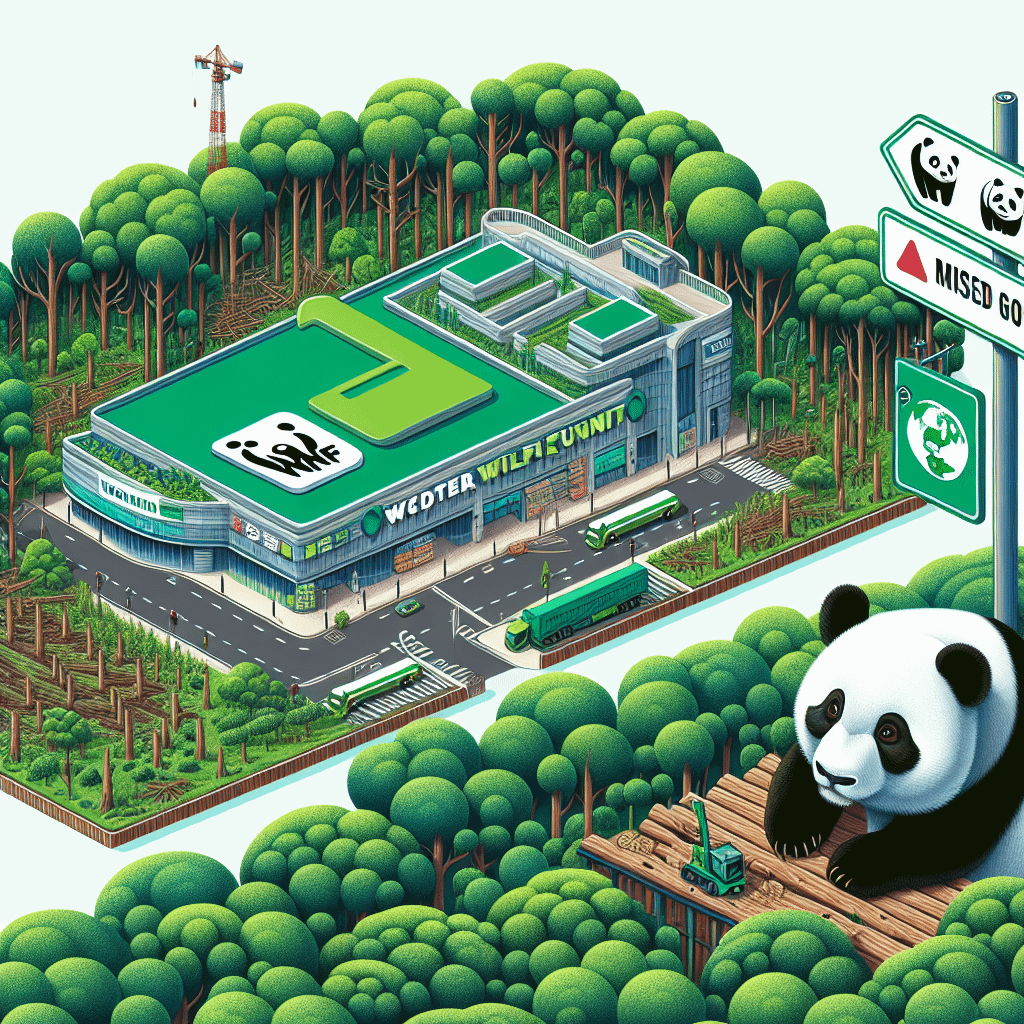Your support helps us to tell the storySupport NowFrom reproductive rights to climate change to Big Tech, The Independent is on the ground when the story is developing. Whether it’s investigating the financials of Elon Musk’s pro-Trump PAC or producing our latest documentary, ‘The A Word’, which shines a light on the American women fighting for reproductive rights, we know how important it is to parse out the facts from the messaging.At such a critical moment in US history, we need reporters on the ground. Your donation allows us to keep sending journalists to speak to both sides of the story.The Independent is trusted by Americans across the entire political spectrum. And unlike many other quality news outlets, we choose not to lock Americans out of our reporting and analysis with paywalls. We believe quality journalism should be available to everyone, paid for by those who can afford it.Your support makes all the difference.Supermarkets are well off track to meet a goal to secure deforestation-free food by next year, environmental charity WWF has warned.The latest annual report from WWF on progress towards commitments to halve the environmental impact of the average UK weekly shop by 2030 has found supermarkets are off track on a number of climate and nature measures.And a key milestone – to ensure food products such as soy, beef, cocoa and palm oil are not causing deforestation or conversion of wild areas to agriculture by 2025 – is unlikely to be met without immediate action, the report said.WWF warns the production and distribution of food – a third of which goes to waste – is responsible for 70% of the nature loss the world is witnessing and a third of greenhouse gases, destroying habitats and driving climate change.This, in turn, is putting food security at risk, as pollinators decline and climate change drives droughts, downpours and floods that ruin crops and push up prices.As part of an initiative with WWF which started in 2021, seven of the UK’s major supermarkets have made commitments to halve the environmental impact of shopping baskets by 2030.The third annual report on the initiative uses data submitted voluntarily by 10 supermarkets making up more than 90% of the market to assess sector-wide progress towards the goal.The latest report shows a “mixed picture” across the sector, with some progress including on greenhouse gas emissions directly associated with supermarkets themselves, as well sourcing palm oil free from deforestation and seafood that is covered by certification schemes.But while there is also individual progress within some retailers to improve sourcing, WWF warned retailers were “consistently struggling to make progress” in areas where changes across the system were needed.The report warns only 4.5% of the soy which enters the food retail chain – mainly to feed chickens, pigs, farmed fish and dairy cows – is verified as not causing deforestation, while the figure for cocoa is 0.3%.Supermarkets

